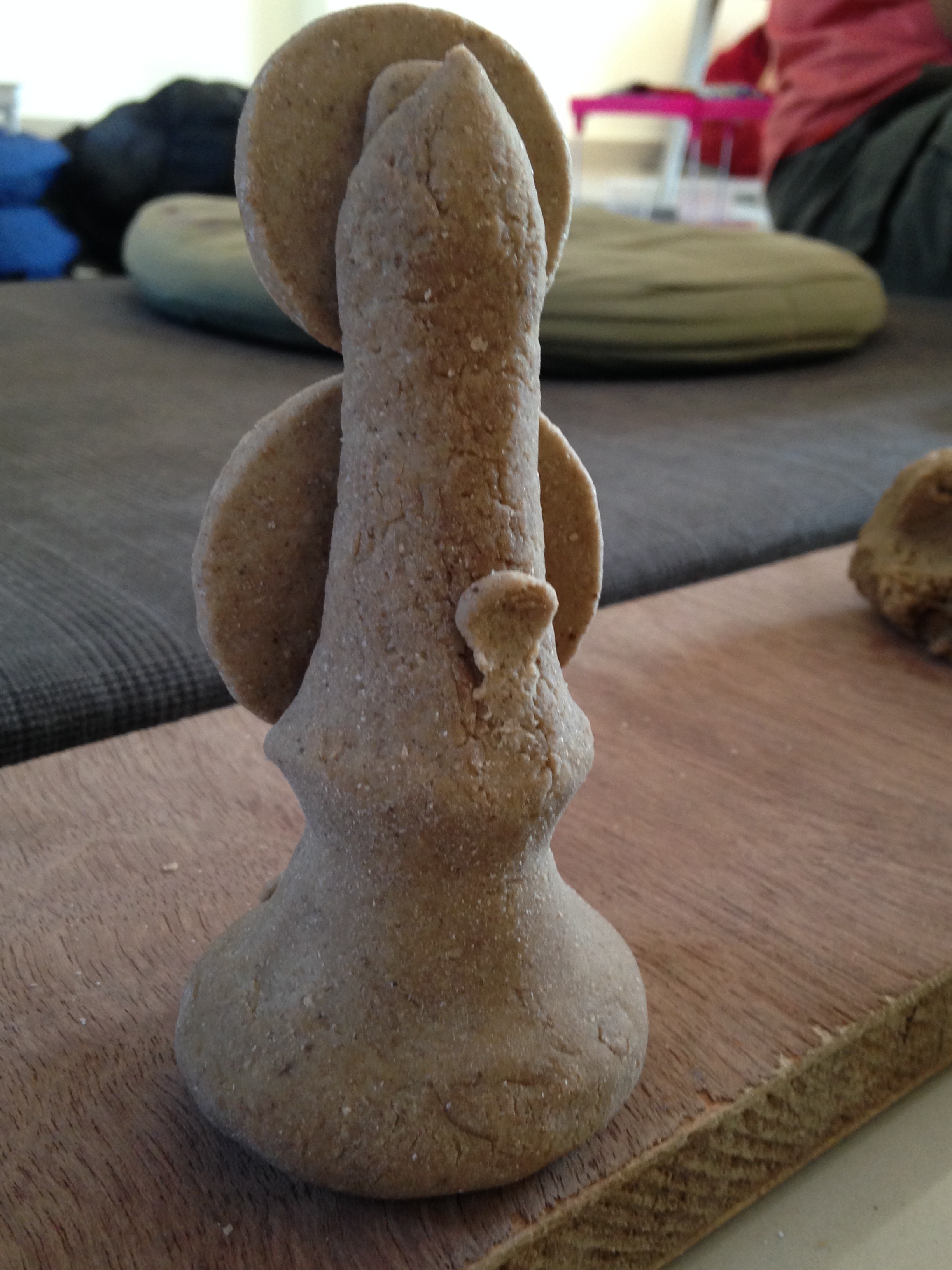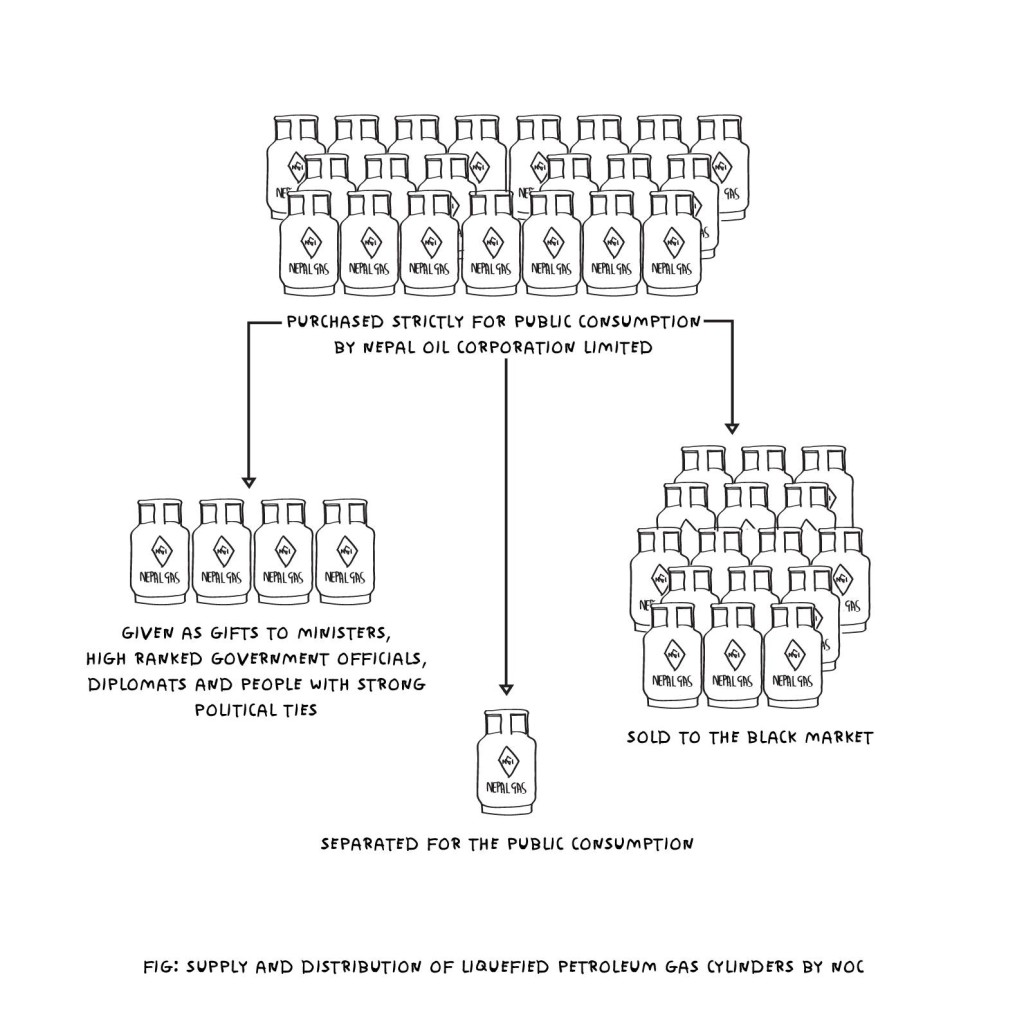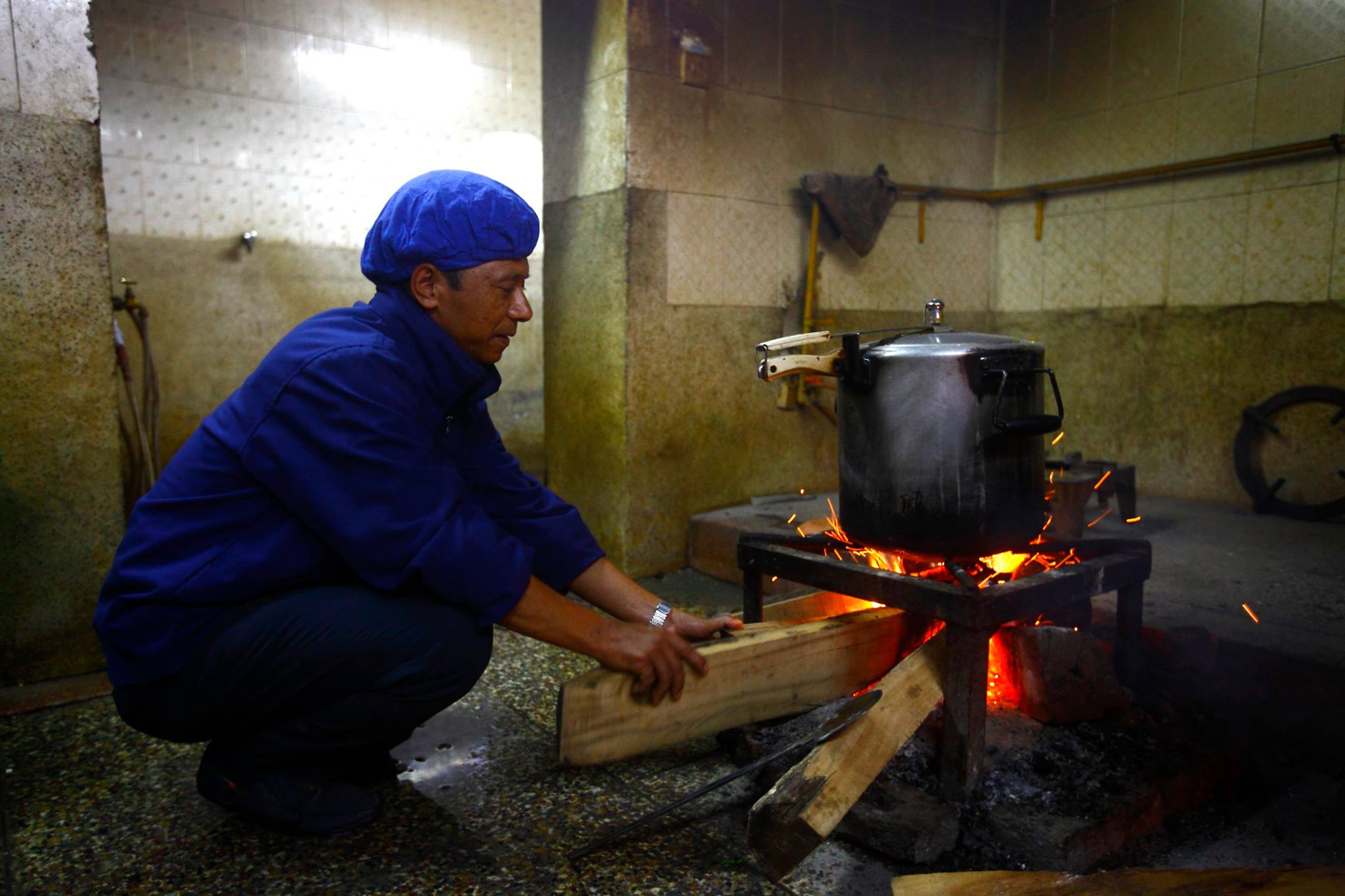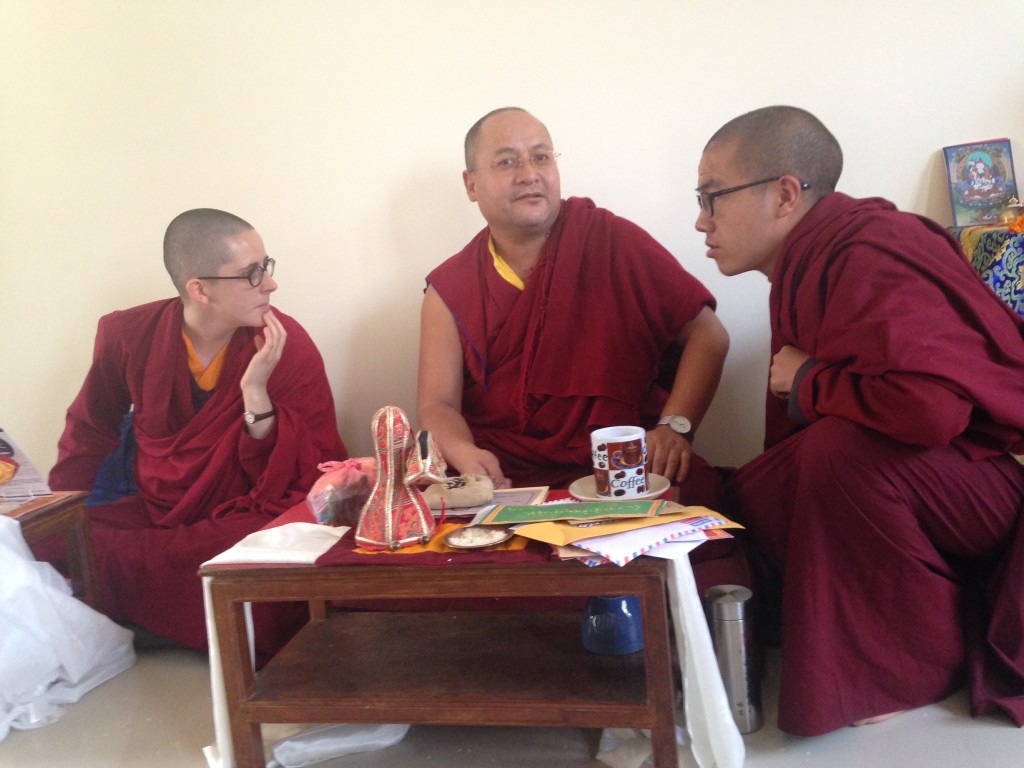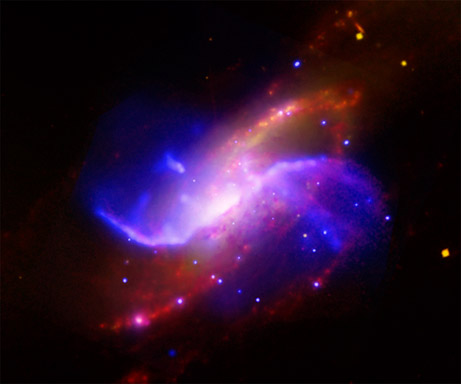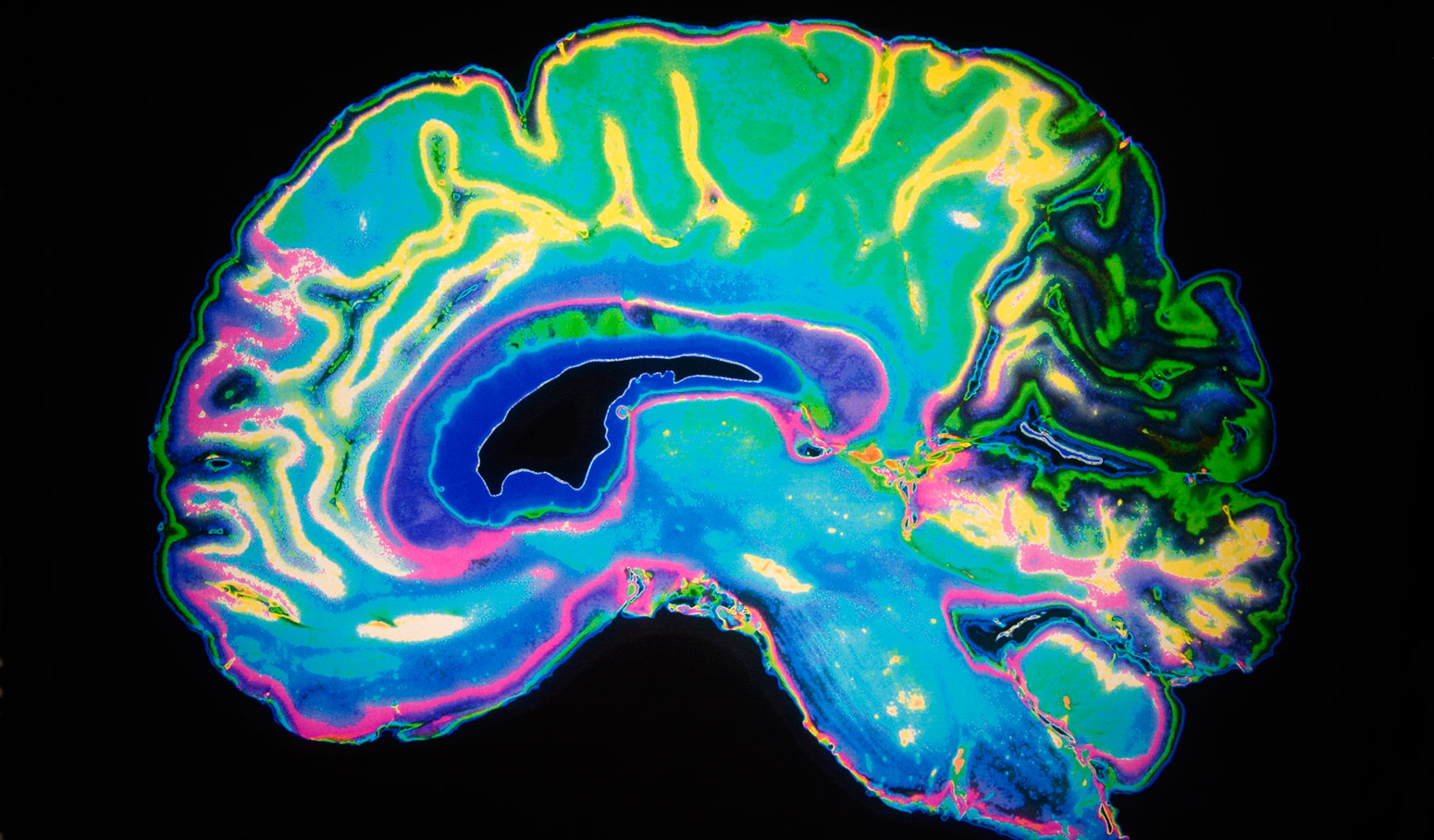Buddhist metaphysics as elucidated by Nagarjuna 1,800 years ago explains the world in a way that is, as Alan comments, amazingly consistent with modern physics.
One of the characters in our cranium, Mr. Intellect, loves to explore such ideas, but he does not drive how we act, and Buddhism’s purpose is not intellectual entertainment but better behavior.
Ritual practice helps Mr. Intellect recognize that while his concepts can be useful, they filter reality, and it also helps his roommate, Mr. Ego, who has so many ideas about things we can do, to abandon his lazy emotional habits. It works like theater except the experience is of existence as it really is.
Acting on a stage, speaking, gesturing and using props, we can experience life with different pre-programmed responses. Sitting in the audience, we can feel how preconceptions and emotional habits lead to farce or tragedy. Maybe we recognize some of those same habits in ourselves.
Theatrical performances require carefully designed sets. It’s the same for ritual practice. This is the set for the practice I’m learning:
The bowls in the foreground are offerings of sense pleasures. They originated in India as a replacement for earlier sacrificial offerings.
Pairs of offerings called torma in metal bowls behind them are specific to Tibetan practice. The noun form of torma means “offering”, its verb form “discarding”.
Torma are offered to deities that embody the perfect form of qualities we want to develop and to demonic forces in us that impair our progress. They are made from barley flour and butter, are usually conical and are painted and adorned according to their specific purpose.
Here is the torma we’re learning to make. Lama says it takes only a few months to get good at it 🙂
Our generosity and other beneficial behaviors are imperfect because we are misled by preconceptions and negative emotions. In these rituals we practice how it feels to manifest these behaviors perfectly. We imagine being deities that perfectly embody the behaviors.
We practice how it feels when nothing masks our natural goodness. We imagine requesting our obstructive demons to leave and giving them offerings.
We might want to keep the statues we work so hard to perfect, but such clinging amplifies our selfishness. We practice discarding them without regret.
Here is one of my classmates getting feedback:

In the world outside, politicians continue to jockey for positions with good payoffs. Ours make big money after they leave office, Nepal’s via corruption in office. There’s almost no cooking gas, many restaurants have closed, those left have limited menus, and people cook outside with scrap wood.
But it’s such a blessing to be alive!


